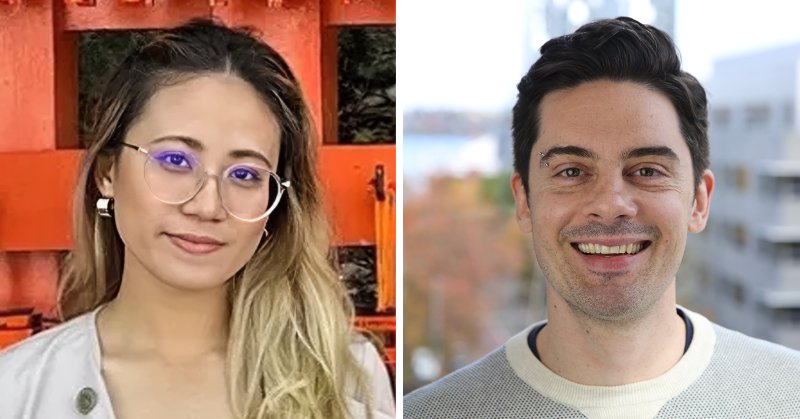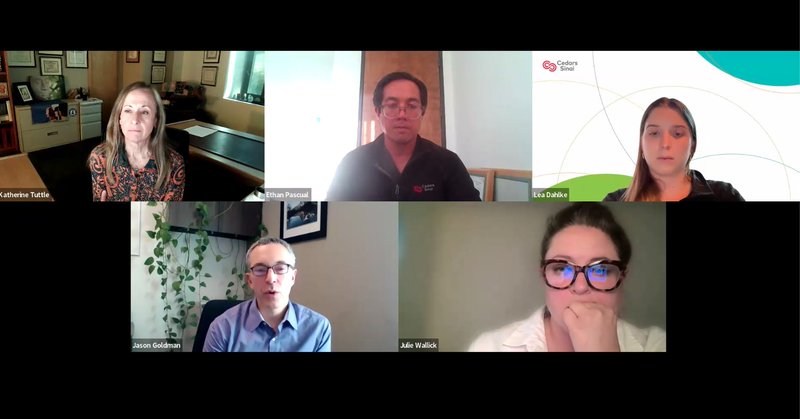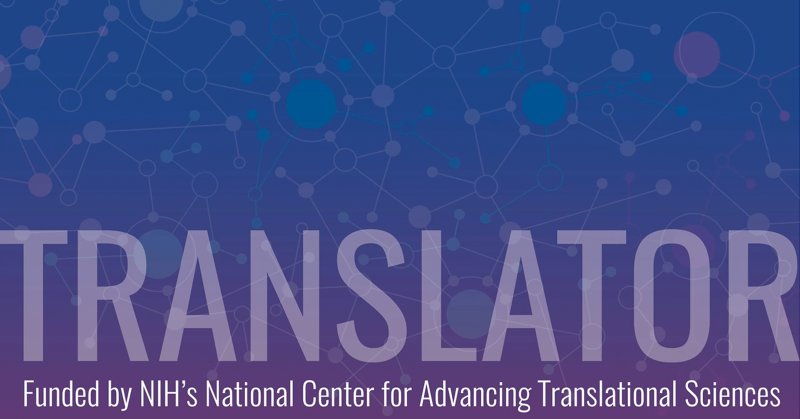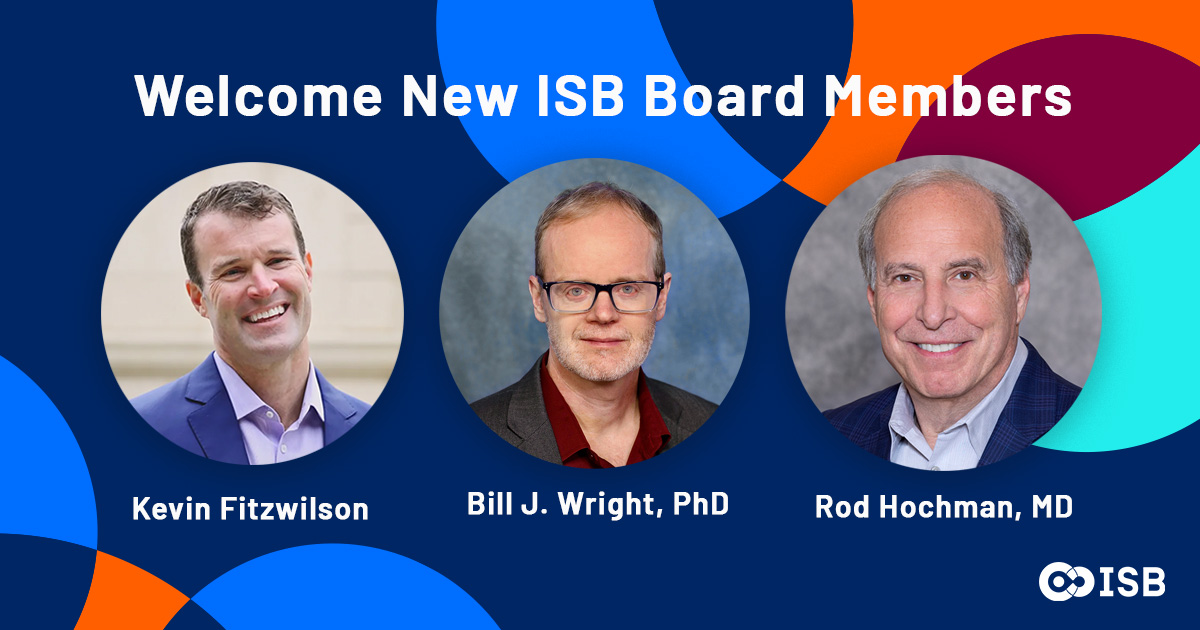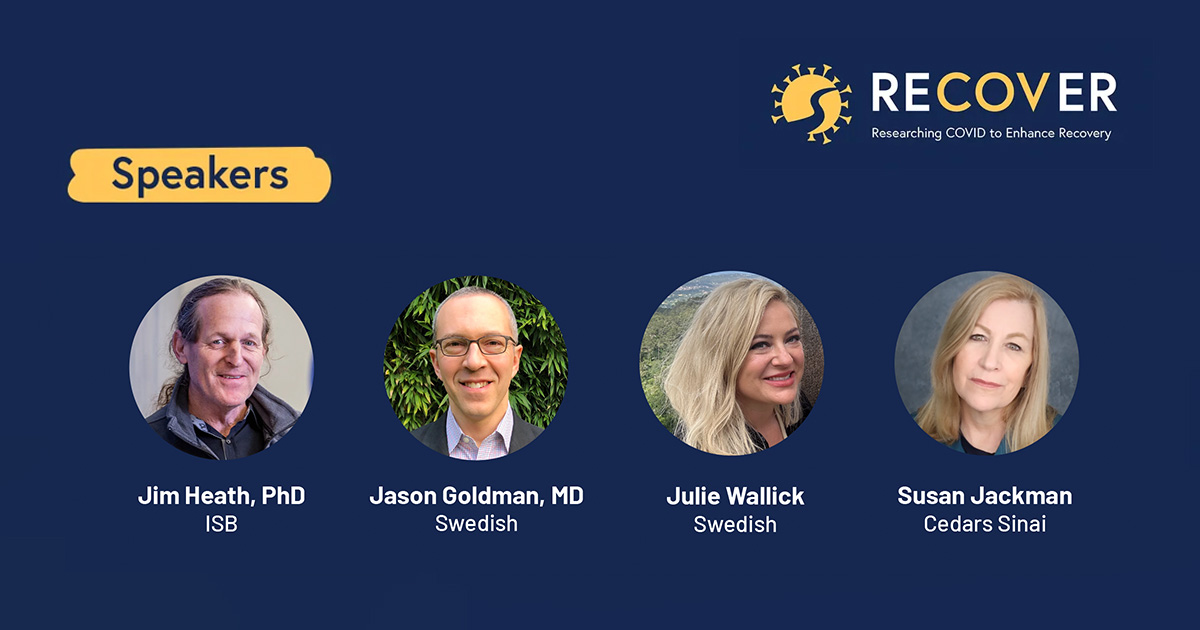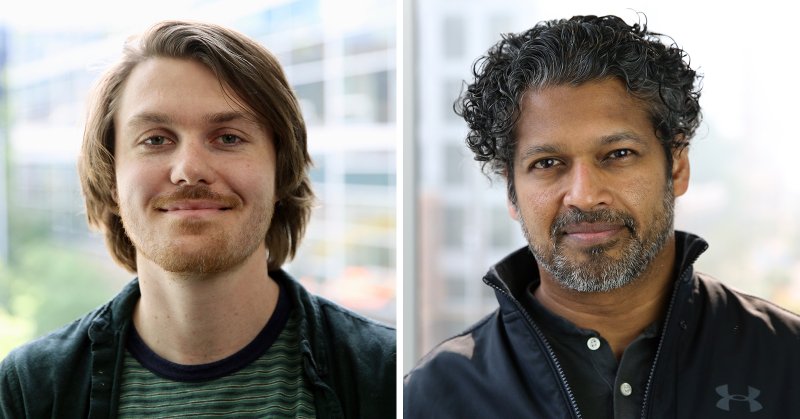
ISB
@isbsci
Followers
6K
Following
3K
Media
632
Statuses
4K
Institute for Systems Biology, 501(c)3, pioneers of systems biology. Affiliate of @providence. Stay up-to-date at https://t.co/u0O8DT1cD1.
Seattle, WA
Joined August 2011
RT @science_seattle: 🦠 @isbsci researchers have developed personalized models to predict C. difficile colonization risk and test probiotics….
0
1
0
🦠 New paper out today in @CellSystemsCP! ISB researchers show how personalized gut models can predict – and help prevent – dangerous C. diff infections before they strike. Cell Systems paper: .ISB news story:
1
1
3
ISB scientists have developed a simple, low-cost method to measure the total amount of bacteria in the gut using existing sequencing data. This breakthrough could speed up microbiome research and unlock new insights into health and disease.
isbscience.org
ISB has developed a fast, affordable gut bacterial biomass measurement from stool data, advancing microbiome research and health insights.
0
1
3
What’s next for #LongCovid research? RECOVER 2.0 aims to define long-term disease trajectories and test new treatments. Watch @isbsci's recent town hall conversation with researchers and coordinators from @ProvSwedish @UWMedicine & @CedarsSinai
isbscience.org
Catch up on ISB’s RECOVER Town Hall for Long COVID research, RECOVER 2.0, clinical trials, plus insights from study participants.
0
1
4
Announcing the initial public release of the Biomedical Data Translator, a powerful open-source knowledge graph-based system designed to integrate and harmonize vast, complex biomedical datasets to accelerate translational science and patient care.
isbscience.org
Biomedical Data Translator intuitively integrates biomedical datasets, empowering researchers to generate data-driven insights.
0
0
1
RT @r_l_moritz: And we’re off for the 2025 #cascadiaproteomics symposium with introductions to our Platinum sponsors @illumina @SCIEXOmics….
0
2
0
Be sure to watch @isbsci Associate Professor Dr. Sean Gibbons' recent interview on the Finding Genius podcast!
findinggeniuspodcast.com
How does food DNA impact the human body? In what ways do ecological communities in the gut change and adapt to individual people over time? Join us in this episode as Dr. Sean Gibbons discusses a...
0
1
1
RT @ScienceAlert: Pooping too often or too rarely were both associated with different underlying health issues, while the healthiest partic….
0
1
0
RT @science_seattle: Researchers from @isbsci are using generative AI to unlock new understanding of human immunity. These discoveries coul….
0
1
0
ISB Associate Professor Dr. Sean Gibbons was a guest on the Finding Genius podcast. The episode is titled “The Human Body as a Microbial Ecosystem” – you can listen the episode here:
findinggeniuspodcast.com
Sean Gibbons, PhD, is a distinguished investigator at the Washington Research Foundation and assistant professor at the Institute for Systems Biology. He joins the show today to discuss the work...
0
0
1
What if generative #AI could predict how your immune system responds to cancer or COVID? @isbsci's Jim Heath explains how a new AI model, TARPON, is changing how we study immunity. Watch + read the recap:
isbscience.org
Discover how ISB is using generative AI to unlock immune system insights across aging, cancer, and disease in this Research Roundtable.
0
0
1
RT @rupa_immanuel: Had a great time presenting “PRIME elucidated conditional plasticity & metabolic flexibility of Mtb” from @baliga_lab @i….
0
1
0
New @isbsci research shows how microbial teamwork behind denitrification can collapse in polluted environments, threatening ecosystem balance and resilience.
isbscience.org
Microbial teamwork behind denitrification can collapse in polluted environments, threatening ecosystem balance and resilience.
0
1
1
RT @LancetDigitalH: NEW Health Policy: Medical digital twins: enabling precision medicine and medical artificial intelligence. @chris_sadee….
0
9
0
New in @LancetDigitalH: ISB’s Lee Hood and the late Ilya Shmulevich and colleagues outline 5 key components for building medical digital twins – #AI-enabled models that could support personalized, predictive care. Read: #DigitalTwins #PrecisionMedicine.
0
1
0

